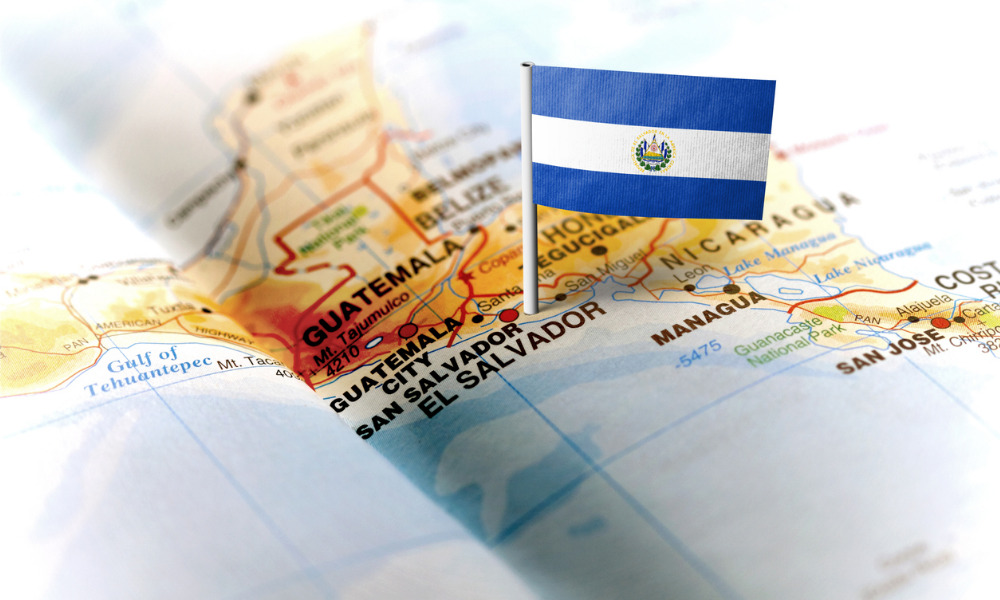
The refusal of a minor to join a gang can result in threats against the child, according to UNHCR

The Federal Court of Canada has ruled a minor’s well-founded fear of forced recruitment into a gang can be linked to Convention refugee grounds under s. 96 of the Immigration and Refugee Protection Act (IRPA).
In Palma Lopez v. Canada, 2021 FC 1170, the court ruled that the Refugee Protection Division’s (RPD) denial of the applicants’ refugee claim was unreasonable because it failed to consider whether there was a well-founded fear of persecution under s. 96 of the IRPA due to the risk to the minor applicant of being forcefully recruited by gang members.
The applicants are refugee claimants from El Salvador. Their eldest son was brutally killed by members of the El Salvador gang, the Maras. The applicants fear that the Maras would also target the minor applicant for recruitment and that the rest of the family would be at risk for trying to stop it.
The RPD said that the basis of the applicants’ claim was “a fear of personal vendetta by a criminal organization arising from the eldest son’s death.” According to the tribunal, the applicants failed to establish that the risk of persecution was personalized either to the minor applicant or to themselves as a family.
The applicants presented before the RPD the UNHCR’s eligibility guidelines for asylum-seekers from El Salvador. According to the UNHCR document, the refusal of a minor to join a gang can result in threats and violence against the child and their family members. The UNHCR acknowledged that the child may need international refugee protection on the basis of their membership of a particular social group, their imputed political opinion, or other Convention grounds.
But the court said that the RPD ignored the UNHCR document because it was not presented within the context of s. 96 of the IRPA. The court found that the RPD recognized the there is “a risk that Maras will seek to have teenagers join them in El-Salvador in the present day.” But the refugee tribunal did not consider the risk of forced recruitment of the minor applicant in connection with the Convention grounds in s. 96. Instead, the RPD engaged with the issue of forced recruitment only for the purpose of considering whether a personalized risk under s. 97(1) of the IRPA was sufficiently established.
The court said that the RPD is obliged to consider all the evidence and the full record of the case before deciding whether there is a sufficient link to Convention grounds in s.96 of the IRPA. According to the court, the RPD’s decision was unreasonable for failing to fully consider s. 96 and whether there was a well-founded fear of forced recruitment of the minor applicant. The court remitted the matter back for redetermination.